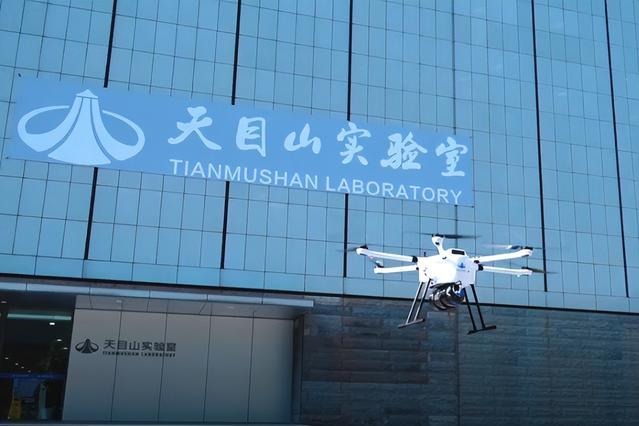EU defense plan a push for autonomy
Bloc's aim a daunting task as divisions remain among members, experts warn

The European Union's recent endorsement of a plan to bolster the bloc's defense capabilities is a major step toward reducing reliance on the United States, observers said. However, experts warned that achieving strategic autonomy is a daunting task as stark divisions remain among member states.
Leaders of the EU backed the ReArm Europe plan introduced by European Commission President Ursula von der Leyen at a summit in Brussels on March 6. The plan aims to beef up military spending.
This push comes as European countries face significant pressure to increase defense spending following the inauguration of US President Donald Trump, who has warned that the continent must look after its own security.
"This plan can be seen as a reaction to the change in the White House," Marian Duris, an international affairs analyst and adviser to a member of the European Parliament, told China Daily.
"I see this plan as a hasty, emotional response from officials who are more interested in confrontation than in cooperation and prosperity," he added.
The plan aims to mobilize some 800 billion euros ($872 billion)"for a safe and resilient Europe", including 150 billion euros of a loan program to invest in "pan-European capability domains".
"If member states would increase their defense spending by 1.5 percent of GDP on average, this could create fiscal space of close to 650 billion euros over a period of four years," Von der Leyen said.
"But turning funds into defense unity is another matter as there are clear internal divisions, including on whether to buy weapons from the US or Europe and attitude toward Ukraine," Jian Junbo, director of the Center for China-Europe Relations at Fudan University's Institute of International Studies, told China Daily.
"Even though meetings are held under the EU framework, the actual use of funds is carried out at the level of individual member states," he added.
Meanwhile, though EU leaders endorsed the plan at the summit, worries remain.
Italian Prime Minister Giorgia Meloni voiced her concerns over the loans becoming a potential burden, and that the EU plan might overburden the country with debt, reported Decode39, a news website.
In another development, a narrow majority in the Dutch parliament on Tuesday urged the government not to join the rearmament plan. "The Netherlands is fundamentally opposed to joint European loans, and defense expenditure must remain a national resource," the parliamentarians said.
Different interests
Duris said that there are 27 countries with different economic performances, interests, government "mindsets" and public opinions in terms of security, attitude toward the European Commission, NATO and the new US administration. Thus, one could not expect the plan to be implemented as it is proposed.
Despite the ambitious ambit of the ReArm Europe plan, "there are doubts whether it would not be just another spending spree with dubious effect", Duris said. "I do not exclude some European companies that could benefit from this. But I would certainly rule out independence from the US or its companies."
The US accounted for 64 percent of arms imports by European NATO states in the 2020-24 period, compared to 52 percent in 2015-19, findings by the Stockholm International Peace Research Institute published on Monday showed.
The term "strategic autonomy" of the EU was introduced in the bloc in 2013 during European Council discussions on the Common Security and Defense Policy.
Since then, the issue has remained high on the agenda, and is tied to reducing dependence on the US for security.
"In the short term, or at least in the foreseeable future, it may not be possible to break away from reliance on Washington," said Jian from Fudan University.
"Challenges are expected, including the financial capacity of member states, the allocation and use of funds, and even the coordination with NATO," he added.
"The ideological independence would be needed most of all. By sophisticatedly distributing geopolitical ties and relationships, a country can maintain a relatively high degree of strategic autonomy," Duris said.
Today's Top News
- China remembers victims of Nanjing Massacre, 88 years on
- New plan will be a road map for a stronger future
- Taiwan's character of the year a vote against confrontation
- Strengthened resilience key for economy
- Video sheds new light on Japan's wartime atrocities
- Xi: World yearns for peace, trust more than ever






























